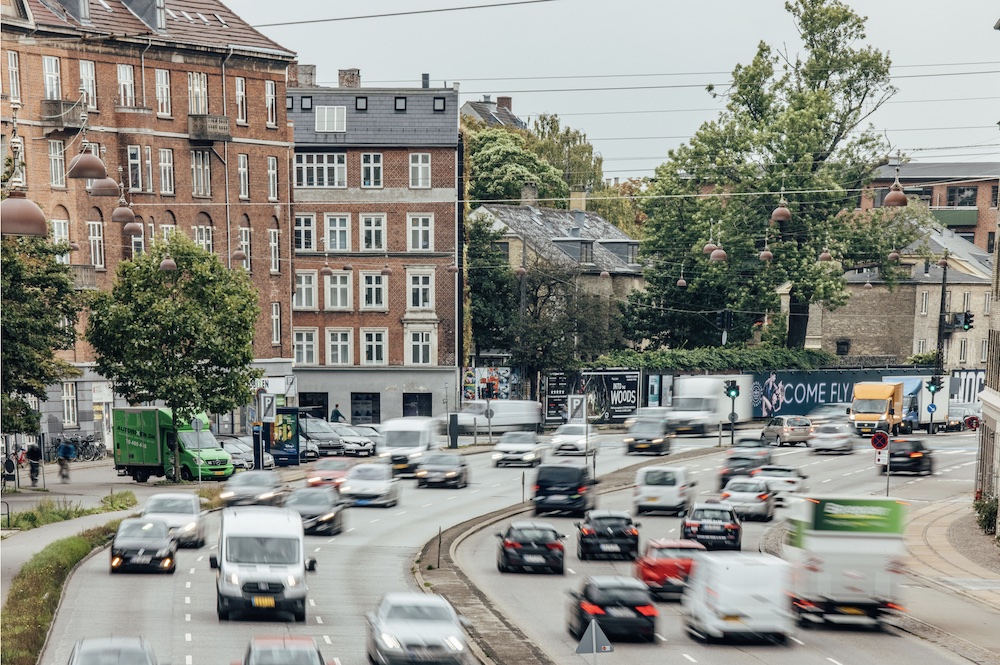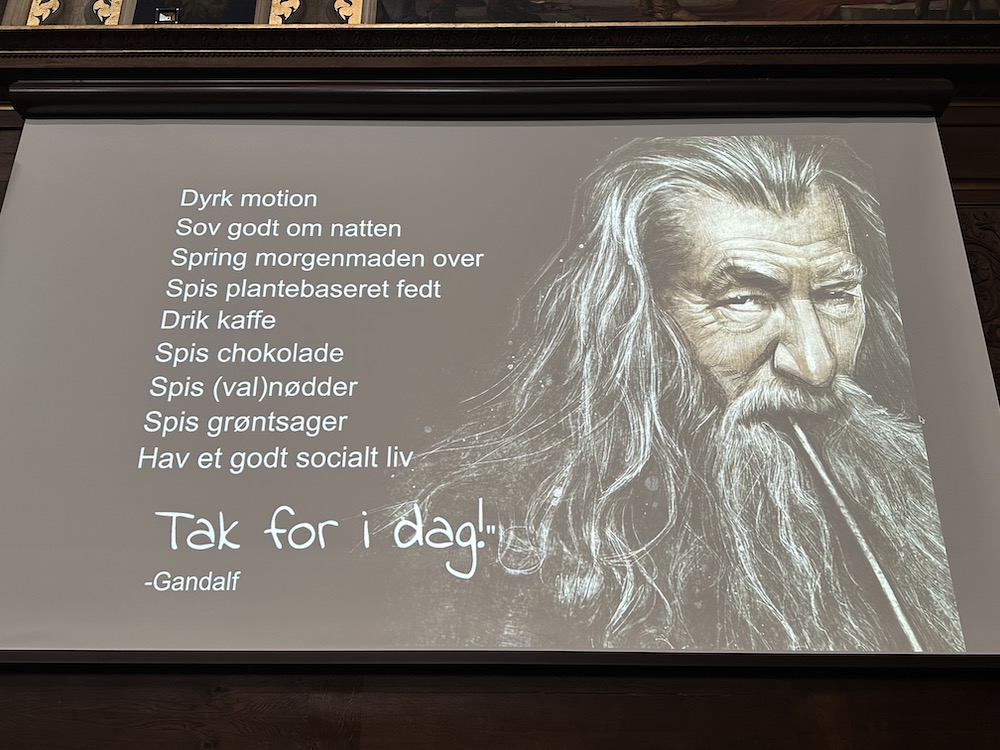
Study: Not All Corona Restrictions Reduced Air Pollution
The most comprehensive study of air pollution worldwide during Covid-19 restrictions shows that only stringent lockdowns make a little difference
The air pollution level in the world’s cities did not improve during Covid-19 if the restrictions (the containment response policies, CRPs) were light. On the contrary, the air quality deteriorated under mild restrictions. Only with a very strict lockdown did the air quality improve.
These are the surprising results of the first worldwide comprehensive study of air quality across 1851 cities covering 149 countries. The paper ‘Stringency of COVID-19 Containment Response Policies and Air Quality Changes: A Global Analysis across 1851 Cities’ was published in Environmental Science and Technology.

According to Jiawei Zhang, Ph.D. fellow at the Section of Environmental Health, Department of Public Health, University of Copenhagen, he and his colleague observed the tropospheric nitrogen dioxide levels before and during the restrictions. They decreased by 4,9% during stringent lockdowns. they did not change significantly during moderate CRPs and they even increased by 2,3% with moderate CRPs.
Unlike former studies, their research was inclusive and universal as they used pollution data observed from European Space Agency’s satellites in all cities. These data, showing the total emission from day to day, is state of the art and the best you can get, when and for where you can’t monitor on ground level.
“We can’t say the exact reasons for increased NO2 concentrations during mild COVID-19 lock-downs in some world’s cities”, says Jiawei Zhang, “but it can partly be due to the population avoiding public transportation in favor of private transportation during such measures.”
He and his colleague, assistant professor Heresh Amini, would like to dive deeper into the various reasons. Apart from the rise in private transportation, another reason could also be that when people stay at home, we consume more energy followed by producing more pollution from the energy sector.
“Many of us, who made a sacrifice during restrictions, may have expected that air pollution was less. However the restrictions on individual mobility may not be enough to reduce air pollution,” says Jiawei Zhang, who believes that to make substantive improvements in air quality, a more sustainable transformation of lifestyle and great reductions in pollution emission sources are needed.
Photo: Branislav Nenin


Are there notable variations in pollution trends between urban and rural areas during Covid-19 restrictions? What factors might explain these differences?
Tel U